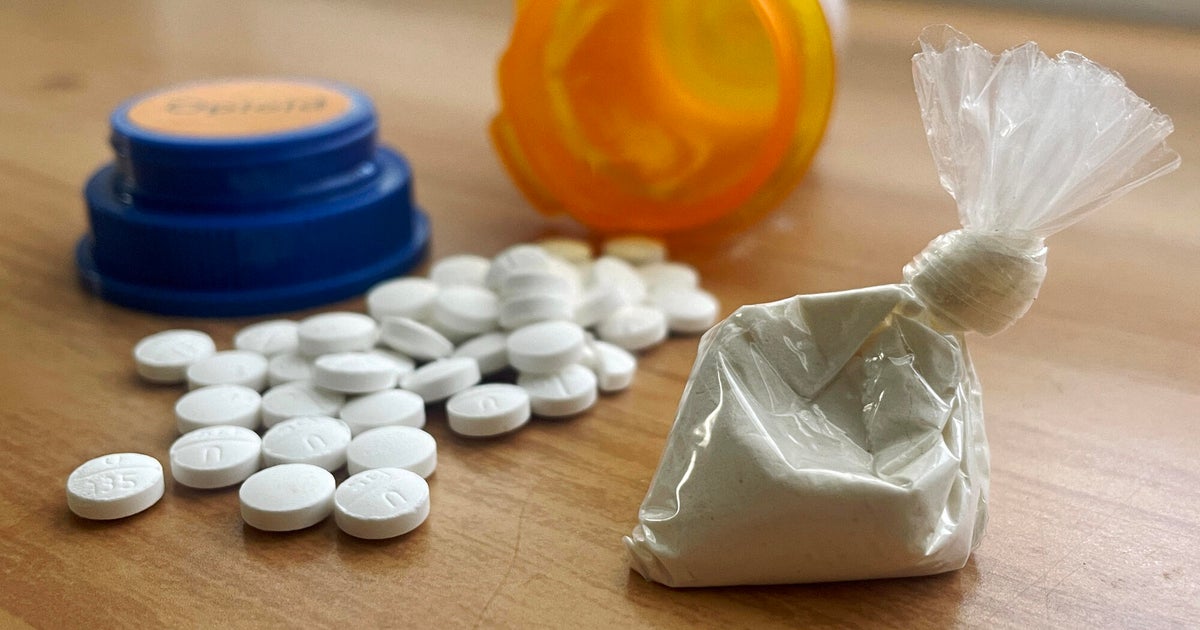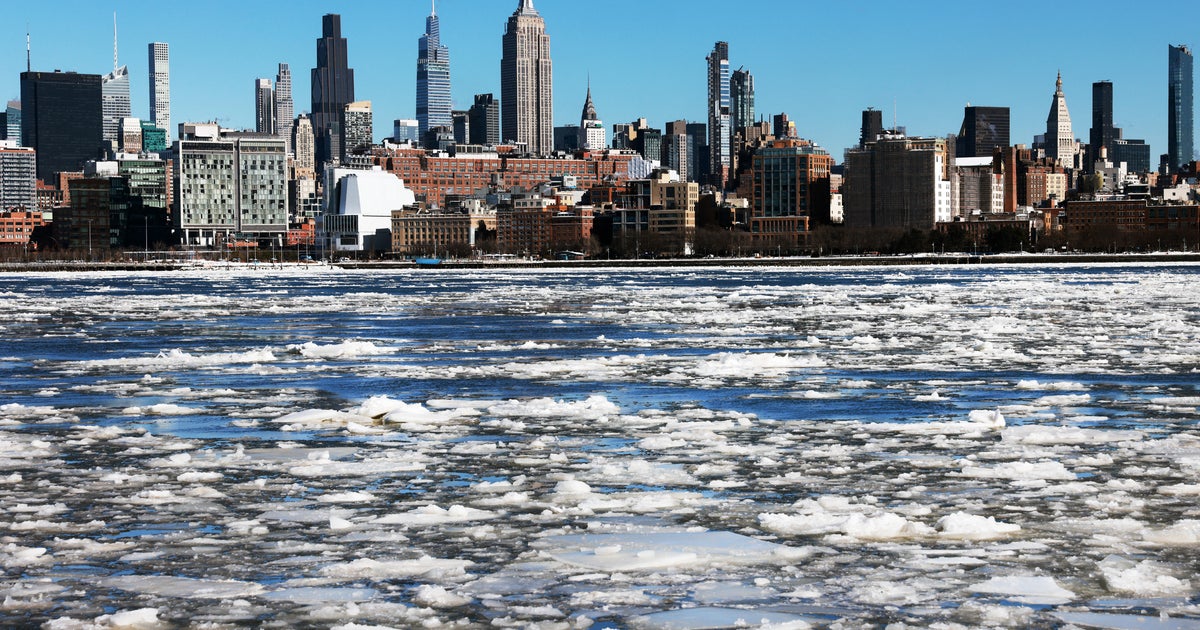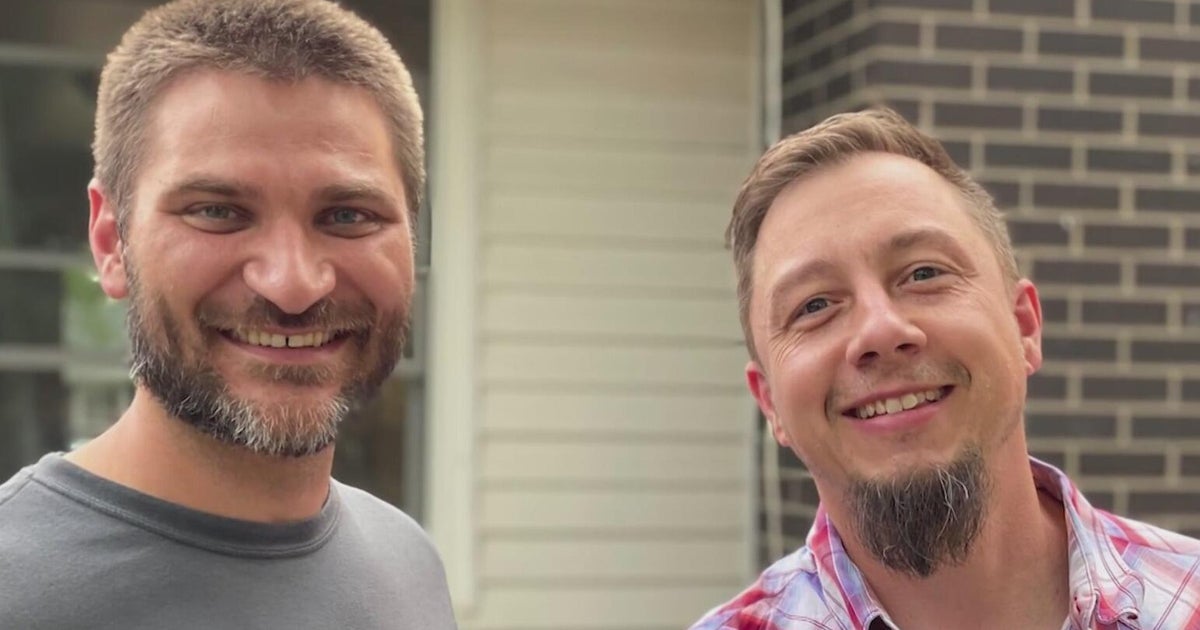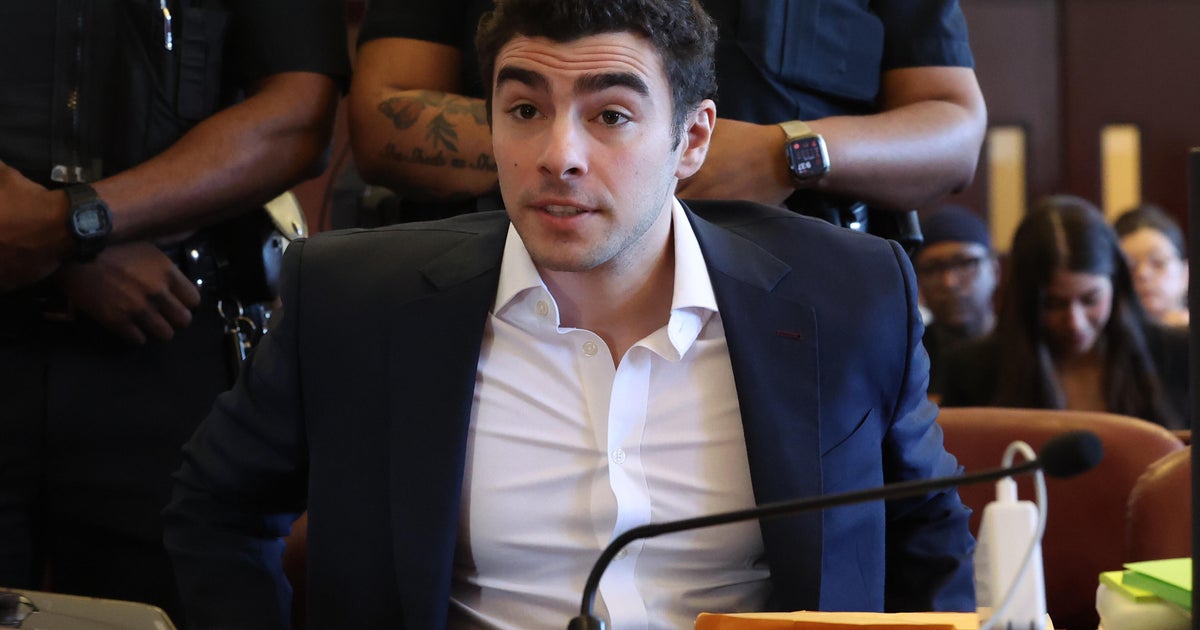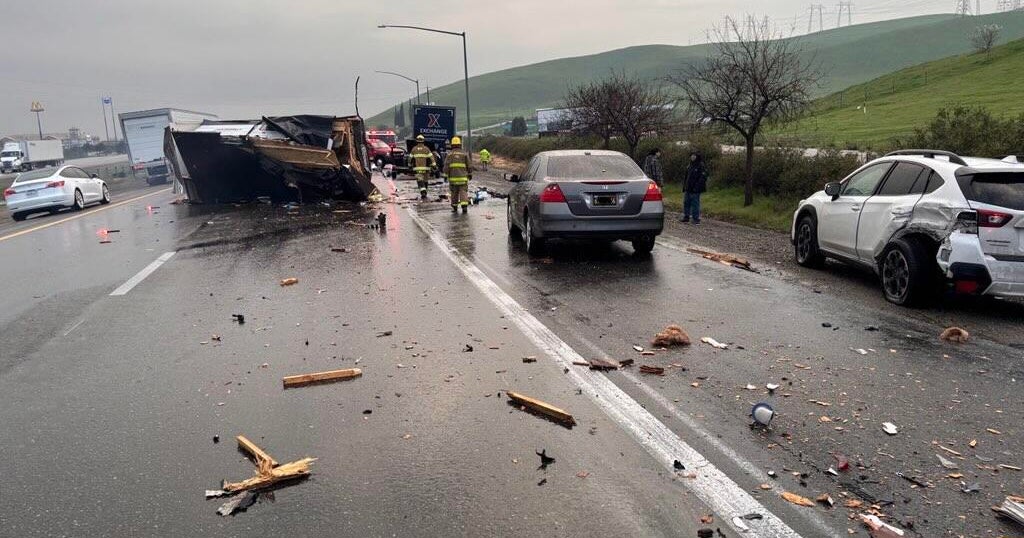Killer Tide: New Jersey Father Pushes To Prevent Overdose Deaths
NEW YORK (WCBS 880) -- Paul Ressler's son, Corey, began using drugs when he was just 13 years old.
"He traveled that road for 10 years, about. And on July 14, 2010, he died of an overdose in Jersey City, New Jersey," Ressler tells WCBS 880's Marla Diamond. "I couldn't help my son. It was extremely frustrating, as you can imagine, but I could not help him."
When the devastated New Jersey father went to collect his son's belongings, he found an aborted 911 call on Corey's cellphone.
"Because all the individuals there had to leave, because they were all using drugs, they had paraphernalia, they had extra drugs. If they had stayed on the first call, they would have all been arrested," he says. "So instead, they cleared the house out, cleaned it up, and called 911 and it was too late. And that really troubled me."
Learn More: Killer Tide. The Opioid Epidemic
Ressler turned his anger into advocacy, joining other parents of overdose victims in getting a Good Samaritan law enacted, as part of New Jersey's Overdose Prevention Act.
"It allows individuals to call 911 to report somebody who they believe overdosed and be free from being arrested. They would not be arrested," he says.
When the opioid antidote Naloxone became widely available to law enforcement and the public, Ressler formed The Overdose Prevention Agency Corporation, TOPAC, which trains first responders and the families of addicts on how to administer the drug.
"We've trained 2,000 people -- just our little organization -- and we've provided at least 1,700 people with Evzio kits. It's like an Epipen and it talks you through the process," he says. "Starting November 2005 in New Jersey -- this is just New Jersey -- over 23,000 reversals have been reported to the state police initiative."
Watch: Paul Ressler demonstrates how to administer an Evzio kit.
Add in naloxone saves by emergency rooms and private citizens, and Ressler estimates the number of saves at 45,000.
But as the number of overdoses has skyrocketed, so has the price. In 2014, a twin pack of Evzio was $690. It is now $4,500.
A spokesperson for Kaleo, which makes the injector, said the list price gets a lot of media attention, but the uninsured don't pay for it, and the insured have zero copay.
The alternative, Adapt Pharma's Narcan nasal spray, now has FDA approval and costs much less at about $132 a dose. It's now available over the counter in New York, New Jersey and Connecticut.
